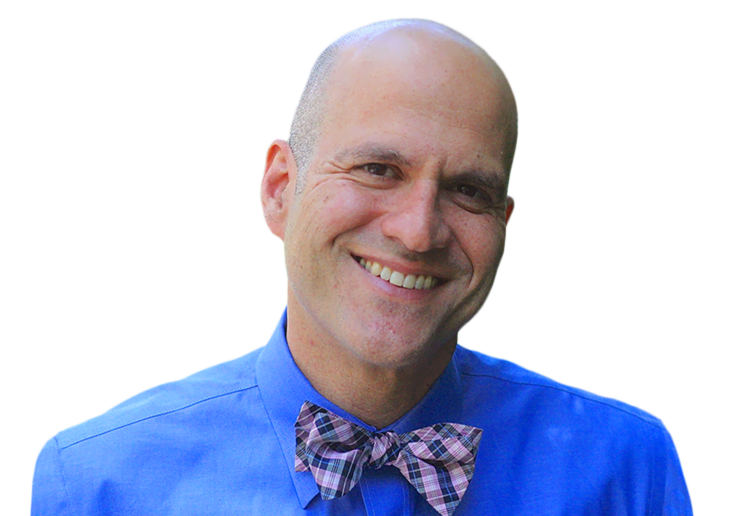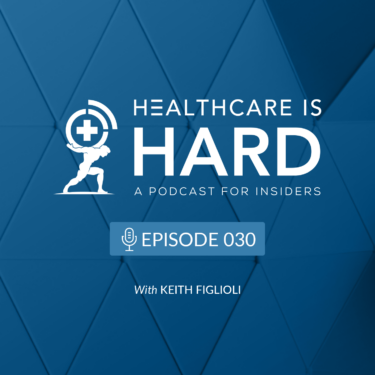
Dr. Farzad Mostashari’s extensive resume doesn’t fully convey the true value he brings to reimagining healthcare. He’s the former National Coordinator for Health IT at the Department of Health and Human Services, served as assistant commissioner at the New York City Department of Health, was an Epidemic Intelligence Service officer at the CDC, a fellow at The Brookings Institution and a resident at Mass General Hospital. Yet, with all that experience, he says living through the Iranian revolution before moving to the U.S. at age 14 is what fuels his ability to see things differently.
As he told Keith Figlioli, “seeing an actual revolution does something for your sense that things can change; that you can be looking at one reality one day, and a different reality the next day.”
In this episode of Healthcare is Hard, Farzad talks about how he’s never been totally comfortable inside – or even leading – the grand institutions he’s been part of, and at some level, has always felt like an outsider. He describes his ability to see the insider and outsider perspective, his natural disposition to see things differently, and how this trait led him to found Aledade.
Most of the industry looked at the Medicare Shared Savings program in the Affordable Care Act and assumed that hospitals needed to be at the center of creating and sharing in savings. But after noticing the law didn’t require a hospital, Farzad began building a network of primary care doctors who could treat people upstream, reduce hospitalization and lower costs.
Seven years later, Aledade has assembled 800 practices in 35 states and has $12.5 billion in annual medical spend under management. It’s helping independent physician practices deliver better care, reduce overall costs and preserve their autonomy in communities all across America.
Farzad brings his outsider mentality and inclination to see things differently to his conversation with Keith Figlioli on this episode of Healthcare is Hard. They cover a number of topics including:
- Dis-economies of scale. Farzad talks about how healthcare is one of the few industries where organizations tend to lose money as they get bigger, and how it all maps back to fee-for-service. The main driver of consolidation in healthcare has been the need to build leverage at the negotiating table. But he says if you change the rules of game – including what’s being valued, rewarded, and compensated – you actually see that the small guys do better.
- Independent vs. Institutions. Farzad sees this as a proxy battle. He says if you’re betting fee-for-service will be the future of healthcare, bet on consolidating health systems. But if you’re betting on value, bet on the independents.
- Trust in policy makers. As someone who has lived on both the public and private sides of healthcare, Farzad sees that many people in the private sector are highly skeptical of healthcare policy makers. But in his experience, smart policy makers are motivated by evidence and doing the right thing to help improve care and lower cost. He says leaders in the private sector who understand this are in a better position to navigate the potential regulatory risk impacting their business.
- A decade of vision driving real value. It’s taken a long time to build much of the infrastructure that started under Farzad’s leadership at ONC almost ten years ago. And now, the combination of new incentives with data-driven capabilities the industry has talked about for a long time are very real. These elements have already created billions of dollars in value that couldn’t exist before, and that impact will continue to multiply.
To hear Farzad and Keith talk about these topics and more, listen to this episode of Healthcare is Hard.
